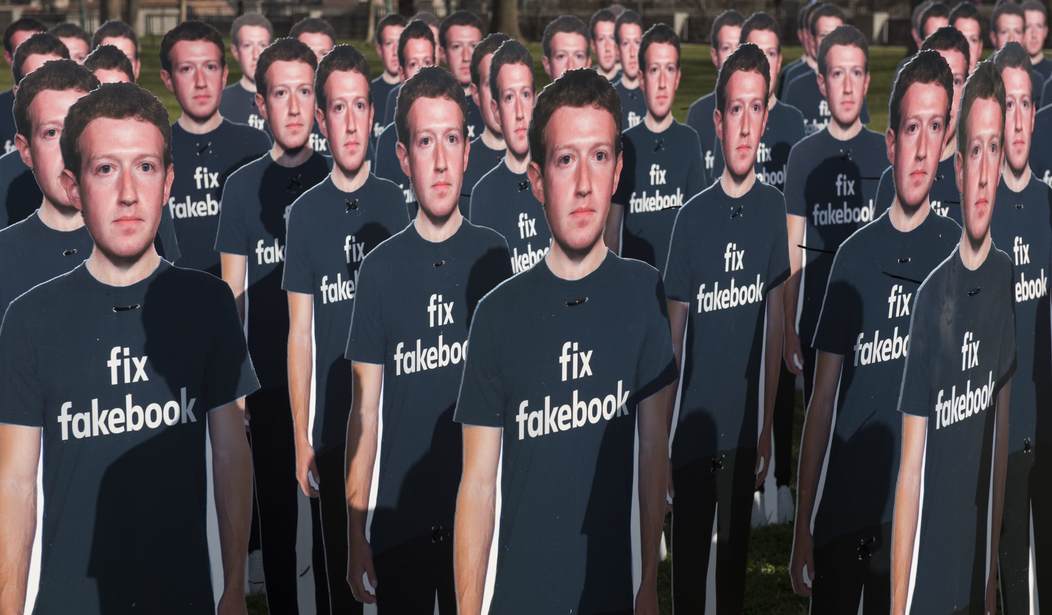“Never before has one company’s failure had such a devastating effect on the world,” technology journalist David Kirkpatrick wrote recently at Techonomy.
What makes this so unusual is that David Kirkpatrick was once a huge fan of Facebook and was the author of The Facebook Effect, a book that portrays the company as a positive force. He even praised Mark Zuckerberg for his concern about connecting people, being an idealist, and doing good, rather than focusing on making money.
But Facebook has changed over the past eight years and Kirkpatrick explains how people and governments spewing hate, disorder, and poison have been using the platform with terrible consequences. He points out that Facebook has been ineffective in fighting back.
He sounds much like the early investor in Facebook, Roger McNamee, who has tried without success to reach out to Zuckerberg and COO Sheryl Sandberg to warn them of what he was seeing. Once friends with and an advisor to both, he’s been rebuffed and ignored. So, he too has written how Facebook’s business model has become a threat to “public health and democracy.”
What has happened that turned Facebook supporters into critical voices now? Eight years ago, most thought Facebook was a great product. It offered a way to locate and connect with old friends and relatives that we had lost track of. It offered a way to do that easily without much effort. Something easier than writing a letter or email and not requiring a commitment to meet face to face. But it was also much more. Kirkpatrick loved how it was able to provide a way for activists in Columbia, Iran, and Egypt to communicate, protest, and organize.
Kirkpatrick believes that a turning point occurred with the hiring of Google executive Sheryl Sandberg as Facebook’s chief operating officer. She had been in charge of Google’s advertising business and joined Facebook at a time that the company was losing money.
One of her jobs was to figure out a way to stem the losses, and that’s when she determined that Facebook should really be in the ad business, much like Google. Facebook would make money by sharing the personal data of its users with advertisers, who would be better able to target their ads by knowing the likes and dislikes of each user. Every time a user hit a like button, a little more information about that user’s preference would be collected. The more it was done, the more Facebook and the advertisers learned about their users.
“She built the best business there ever was, but she also bears enormous culpability for creating a model that could easily be abused,” Kirkpatrick told Bloomberg’s Joe Nocera.
How could it be abused? By countries using it to influence foreign elections, fomenting protests, and spreading false information. The very same tools that were created for the advertisers to target their subjects could be used by anyone, including the Russians.
Kirkpatrick also attributed Facebook’s problems to Twitter. Facebook looked at Twitter and was envious of what it saw. It wanted to allow users to exert wider influence and to be heard by more people, much like what Twitter was doing. That shifted the original focus of Facebook, a place to communicate and share photos with friends, and opened it up to anyone. While originally your information was shared only with your friends, it now could be shared with anyone, in spite of what you were told. Facebook even shared information with other app developers, who, in turn, shared it with others. Facebook didn’t care and took no steps to protect the data as revealed by a report in the New York Times.
Nocera also believes an additional change impacted Facebook: the introduction of the News Feed, “which, among other things, presented users with a personalized list of news stories throughout the day. The News Feed was the vehicle through which the alt-right and others flooded Facebook with false information.”
Kirkpatrick hasn’t yet written Facebook off and thinks it can be fixed.
“I still think they do more good than harm,” he said. “I still have the naïve hope that they won’t throw out the baby with the bathwater.” Their problem, he added, “is that they are so caught up in the good they can’t acknowledge the bad. They act as if it is just a minor consequence. They just can’t straightforward acknowledge the enormity of their problems.”
“And it pisses me off,” he said.
Marc Benioff, CEO of Salesforce, is another critic, among the many now sharply criticizing Facebook and its executives.
He was interviewed by Kara Swisher, co-founder of tech news website Recode, for MSNBC’s “Revolution” series. He said that big tech’s leaders need to move from a money-centric worldview to one that focuses on civic improvement. He singled out Facebook as having a negative impact.
“Facebook is the new cigarettes. You know it’s addictive. It’s not good for you… Facebook can have very serious effects on society, the same way that cigarettes can.”









Join the conversation as a VIP Member